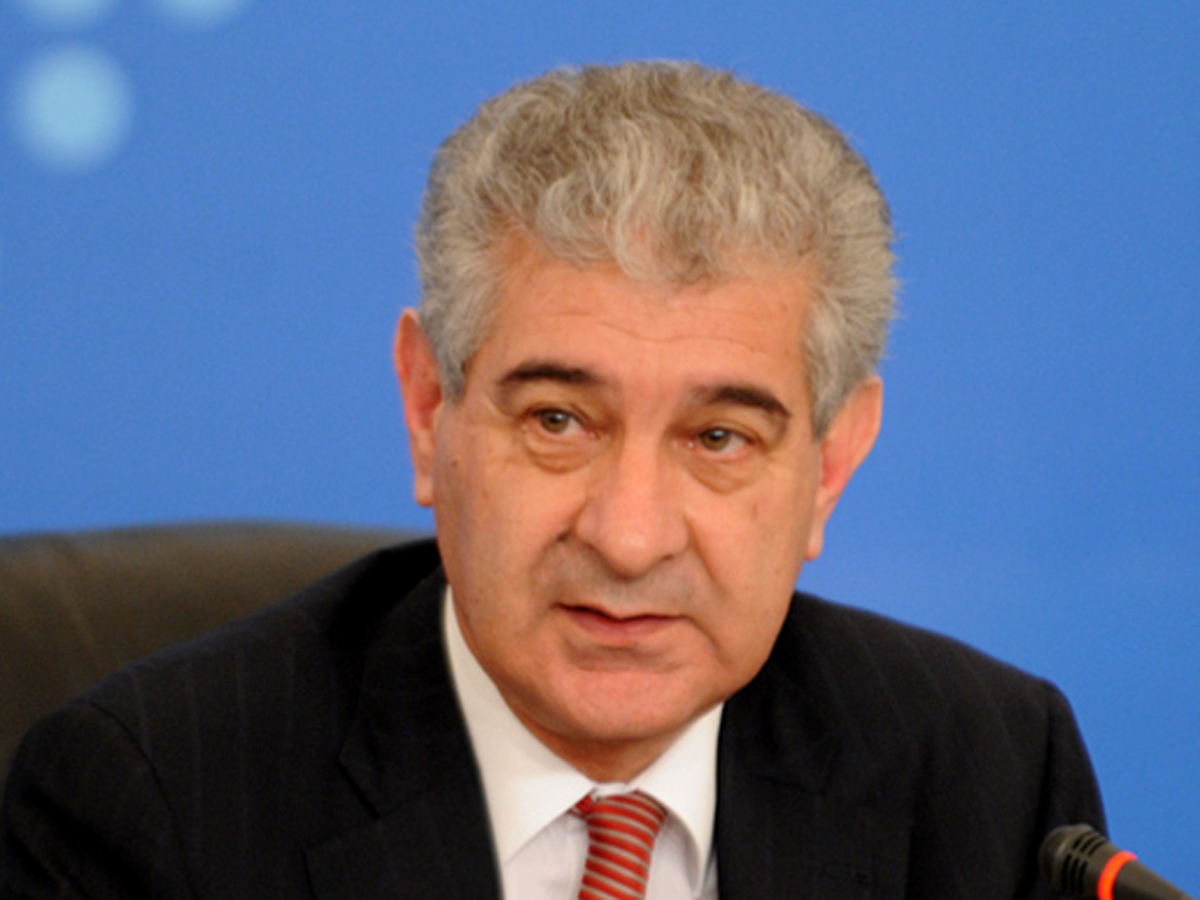Baku, Azerbaijan, Feb. 25
By Elchin Mehdiyev - Trend:
Regretfully, no proper legal and political assessment has been given to Khojaly genocide in the world so far, Ali Ahmadov, deputy prime minister, deputy chairman and executive secretary of the ruling New Azerbaijan Party said Feb. 25.
It is outrageous that those who were directly involved in this crime, shed blood of women, children, the elderly, are currently in power in Armenia, according to the deputy prime minister.
The most unacceptable fact is that sometimes, the heads of states speaking against terrorism and genocide, kindly receive the perpetrators of Khojaly genocide, which is a proof of double standards in the world, he said.
"As long as there are such double standards, no fair legal and political assessment is given to all tragedies, including the Khojaly tragedy, it will be impossible to ensure justice, peace and well-being in the world and prevent new tragedies," Ahmadov added.
The deputy prime minister noted that the Azerbaijan people have always highly honored the citizens killed in Khojaly.
"Various structures, citizens, the youth of Azerbaijan carry out great work to convey the truth about the Khojaly genocide to the world, said Ahmadov. "I believe that their efforts bring results."
He emphasized the work done as part of the "Justice for Khojaly" campaign organized by the Vice-President of the Heydar Aliyev Foundation Leyla Aliyeva.
"Serious steps were taken for informing the world about the Khojaly genocide thanks to this campaign," said Ahmadov.
The deputy prime minister noted that the Khojaly genocide is one of the bloodiest tragedies not only in Azerbaijan but also in the world over the last decade of the 20th century.
The conflict between the two South Caucasus countries began in 1988 when Armenia made territorial claims against Azerbaijan. As a result of the ensuing war, in 1992 Armenian armed forces occupied 20 percent of Azerbaijan, including the Nagorno-Karabakh region and seven surrounding districts.
On February 25-26, 1992, the Armenian armed forces, together with the 366th infantry regiment of Soviet troops stationed in Khankendi committed an act of genocide against the population of the Azerbaijani town of Khojaly.
As a result of the massacre, some 613 people were killed, including 63 children, 106 women and 70 old people. Eight families were totally exterminated, 130 children lost one parent and 25 children lost both. A total of 487 civilians became disabled as a result of the onslaught. Some 1,275 innocent residents were taken hostage, while the fate of 150 people remains unknown.
The two countries signed a ceasefire agreement in 1994. The co-chairs of the OSCE Minsk Group, Russia, France and the US are currently holding peace negotiations. Armenia has not yet implemented the UN Security Council's four resolutions on withdrawal of its armed forces from the Nagorno-Karabakh and the surrounding districts.






